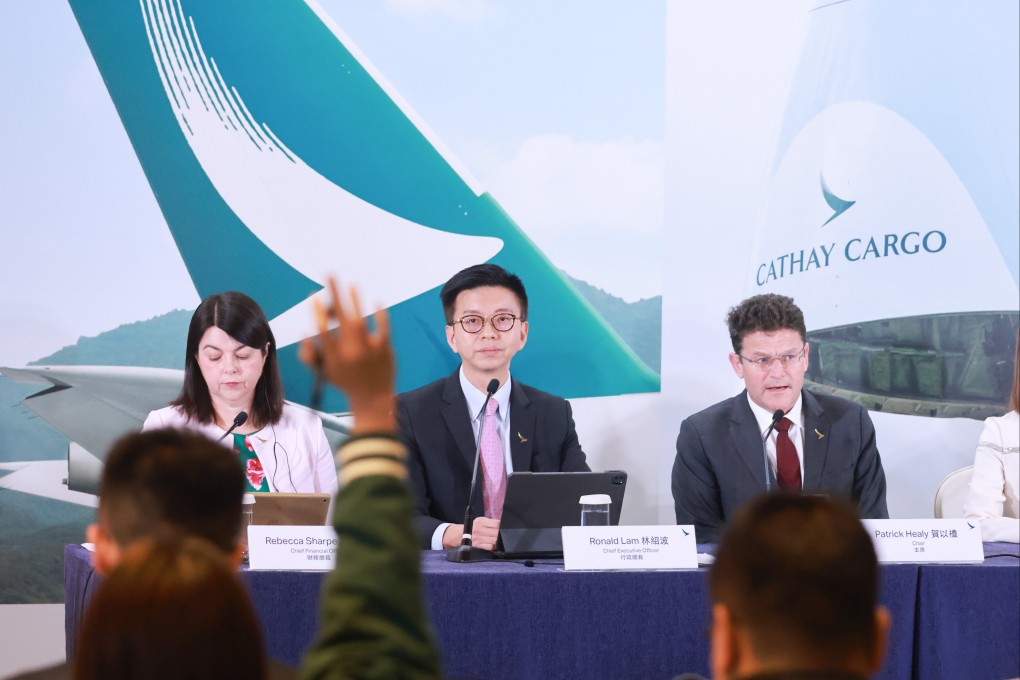Letters | Ask not what Cathay can do for Hong Kong, but what government can do for Cathay
- Readers discuss how the government can support Hong Kong’s flag carrier, the problem with the city’s concert venues, and stereotypes about certain countries propagated by the media

I would expect our government officials to be more aggressive and innovative in helping Hong Kong’s economy recover. If I were a legislator, instead of asking Cathay for a report, the question I would ask the relevant government officials is: have you asked yourselves what you can do for Cathay and other airlines in Hong Kong to attract more pilots to work here?
The government is making an effort to attract talent. One of the key performance indicators for the government should be how many more qualified pilots we can attract to work for our airlines based out of Hong Kong. We could have a special task force to help new pilots to settle down in the city quickly, and special tax relief or even bonuses for pilots after a certain number of years of service with airlines in Hong Kong. Perhaps some seats should be guaranteed in international schools for children of pilots.
To further strengthen our position as an international aviation hub, I really hope the Hong Kong government will be more proactive in attracting pilots as vital talent for the city.